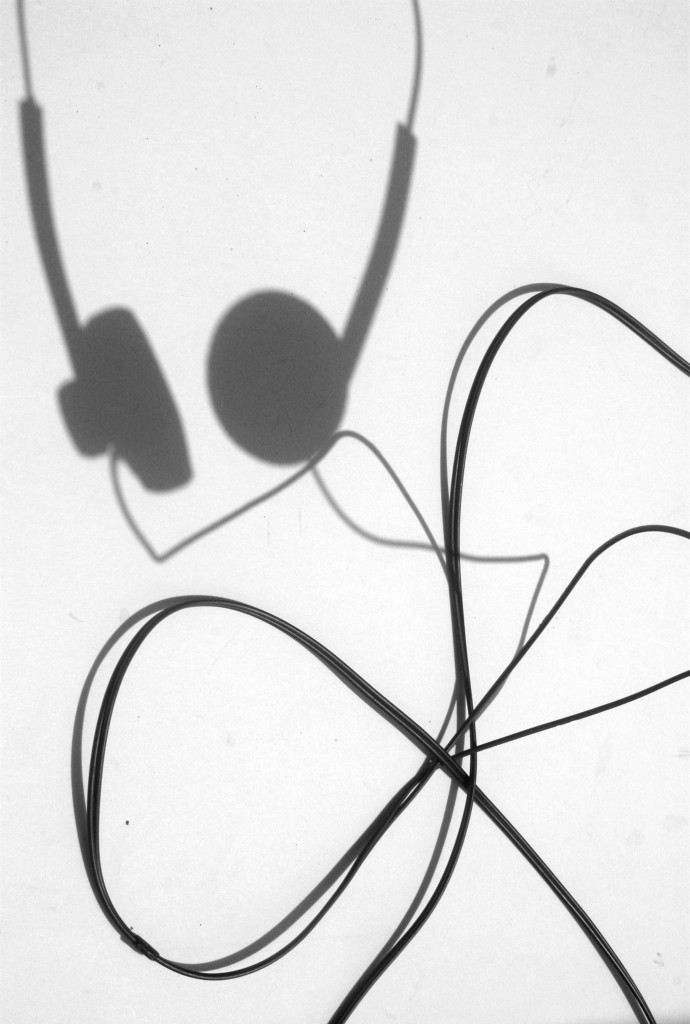10, no, 12 reasons why fantasy is the greatest literary genre
Fantasy is a genre unique, because it’s a massively selfish act on the part of the author, but is simultaneously entirely about the reader. Fantasy is and always has been the genre I enjoy reading the most. Why? Read on. Then leave a comment telling me why I’m wrong. Or, you know, being nice.
Source: layoutsparks.com via Sharon on Pinterest
1. Freedom. What is it that possesses people to search out books set in the normal world about crappy relationships, or walking dogs, or someone’s family? How can any of those scenarios be better than a book about crappy relationships between dragon riders, or someone’s family when Dad just happens to be ensorcelled by the Demon Azgaroth? Or walking trolls?
OK, I’m not sure the last one has much scope, but really, why limit yourself?
2. Language. I’ll admit, the Demon Azgaroth isn’t the most exciting use of the English language ever, but the wonders created by Tolkien, or Rowling (please forgive me for the unintentional comparison. (I know, I know, but how good a word is ‘muggle’? It’s just perfect)) are glorious. Without Fantasy these words and languages might never have come into being.
3. Worlds. This is as much for writers as readers. How exciting is it to plunge into a new world, a place never before walked by one of your own kind? You can write about London until the cows come home, but unless it’s being invaded by sloth aliens from the planets Shnoo, it’s still London. I love London, but when I sit down to read, I’d rather go to Daruhjistan, or Dros Delnoch.
4. Contrast. In direct competition with the one above, if, like me, you write the awkwardly titled Contemporary fantasy, it may be the glorious contrast of the terrible Schnoo aliens with the Houses of Parliament that particularly excite you. (I’ll admit it now, Schnoo is the worst name for an alien race ever conceived. Ever). This contrast, the ability to skew what is normal and expected is, sometimes, what makes fantasy so compelling.
5. Characters. I’m back to the questions with this one. You have two choices. You’re going to read about a terrible moral dilemma , possibly involving theft and even death. Would you like the person going through this dilemma to be a) Dave, computer engineer and father of three or b)Drake Hardsack, gifted swordsman, wench magnet and all round, well, hardsack? You just look at that and think, ‘well, Dave, I’m sure your story is compelling and deeply moving, but me, I’m going for the swords and shit’.
6. Rules. When is a story ever going to be made worse by the main character having the ability to fly? Wuthering Heights, Heart of Darkness, Catch 22. All great books (except for Wuthering Heights. Honestly, that just bored the hell out of me), but can you truly stand up and say they wouldn’t have been more fun with some simple levitation or maybe a death ray in there somewhere? Fantasy has rules, don’t get me wrong. If it’s written well, the rules are the same as for any other story. You must care about the characters, they must do what people would do in any given situation and so on. But, and this is the important bit, you always have to follow those rules (unless the Schnoos are around, in which case you can probably just throw it all out the window), so why not get rid of the dull ones at least, like gravity, or not hitting people with big spiky bits of metal?
7. Variety. If you like to read fiction, you’re likely to hit some pretty similar themes, places and so on fairly quickly. There is of course nothing wrong with this. Fiction so often resonates for that precise reason. But I love knowing that when you open a fantasy book, anything could happen. Swords, magic, fair maidens, evil wenches, fiends and demons, superheroes, star cruisers, aliens, talking animals and so…hang on, sorry scratch the talking animals, some things just shouldn’t be allowed. You get the idea. If it’s written well enough, you can still get the emotion and the Schnoos, all in one place. OK, I’ll stop with them now. Promise.
8. Your own mind. This may seem a little obtuse, but I think it bears saying. As I mentioned earlier, London will always look like London. A good author may help you to see it in a different light, but it’s still pretty much as is. I’m fairly certain that no one in the world sees the Discworld quite the same way as me. That’s not because Mr. Pratchett doesn’t describe things well, quite the opposite in fact, but because it only exists in my head. It exists in millions of other’s as well, but my version is the only one that counts, because it’s my experience of it that matters.
9. Swords
10. Chicks with swords.
11. Chicks with swords riding dragons at the head of a huge army, hell behind them and victory or death in front.
12. Schnoos.






